A workshop on bird monitoring and using eBird for documentation was held in Patna, Bihar, on 09 September 2017. This was the first Bird Count India workshop in the state and a turnout of over 25 participants was a welcome sign of how birding is catching up in the region. The workshop was organised with the help of Dr. Deepak Balasubramanian, Arvind Mishra ji, and the Forest Department of Bihar.
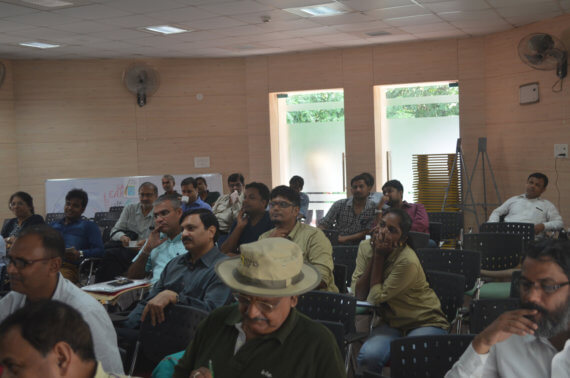
Gathering at the venue
The morning began with the birders gathering at the Patna Zoo and relishing a little over an hour’s worth of birding. The Patna Zoo houses a number of mammals and is also a favourite walking destination for the residents of Bihar’s capital city. However, in spite of the crowds – it stands out as a lush green site in the middle of the city and on the day, it offered us the sights of a number of interesting resident and some migratory species. Brown-headed Barbets and Black-hooded Orioles were exceptionally showy, Greenish Warblers staked out wintering territories, Chestnut-tailed Starlings occupied the canopy while Jungle Babblers scolded passerbys from the undergrowth.
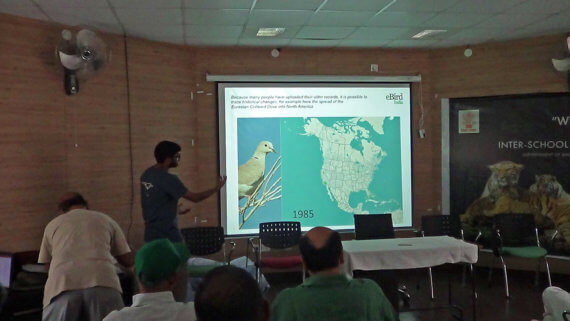
During the bird monitoring workshop
The Zoo Education Hall, a well-equipped venue within the Patna Zoo premises, was the site of the workshop. After a short breakfast, the participants took to their seats. The series of presentations kicked off with Dr. Gopal Sharma (Scientist at ZSI, Bihar) explaining the importance and value of documenting the flora and fauna of the region. Sh. Arvind Mishra then took to the stage and gave an impressive presentation on the birds of Bihar, the history of birding, birding locations and conservation programs in place in the state.
Ramit Singal conducted the workshop with an introduction to birds, the benefits of documentation and long-term monitoring, and noted birdwatchers around the country are coming together to carry out useful projects and events that help us understand our birds better. The conversation soon moved to eBird and how to use it. The workshop was extremely interactive with several questions coming in. A short break later, the discussions restarted on topics ranging from how to go about birding in new places to how to use and work with data to further our knowledge about birds.
The session was followed by a quick presentation by Mr Navin Kumar about the hill birds of Bihar, a word by Mr Satya Prakash of Jharkhand – who spoke about the state of birding in his state, and two documentaries – one on the fantastic Adjutant Stork conservation work in Bhagalpur (Bihar) and another on the rescue of Gangetic Dolphins in the region.
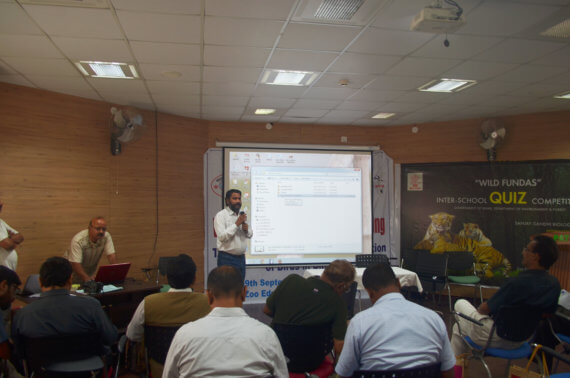
The state of birding in Jharkhand – Satya Prakash
The workshop concluded with short addresses by the dignitaries present – the PCCF Dr. D.K. Shukla, CCF Sh. Bharat Jyoti, and the Director Ecology Sh. R. B. Singh.
Bihar is undoubtedly a vast, diverse state with a variety of birds and birding habitats. Slowly, birding is making its mark in the region. Birders are still few and largely concentrated in a few region, but the response to the workshop showed that the clan of birders is steadily increasing. The authorities are supportive and together with resident birdwatchers, they are willing to take the cause of birds forward. This workshop was just a beginning, and hopefully Bihar will become a prominent contributor to the database in the future.
(Image credits: All photos from the workshop by Rahul Kumar; Header photo is a Black-hooded Oriole from Patna Zoo by Shekar Vishvanath)

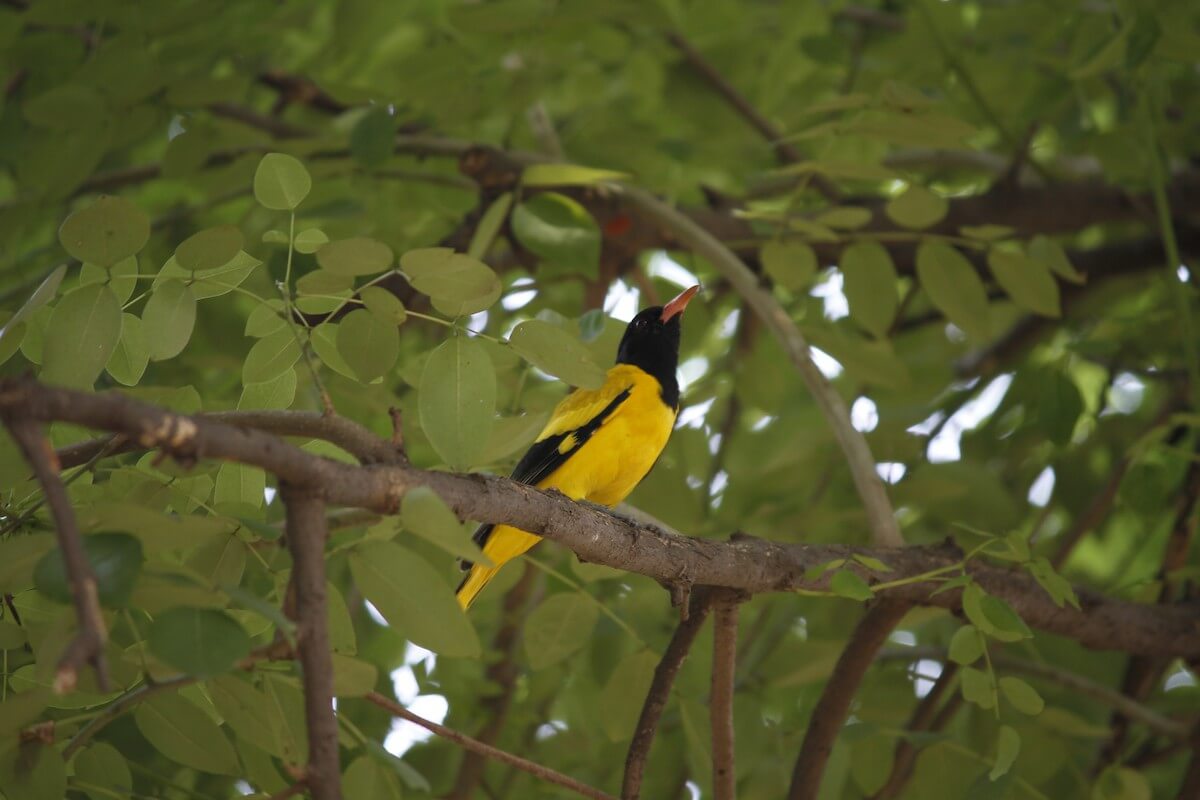
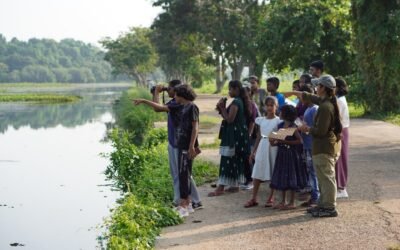
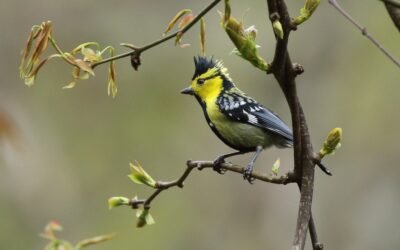
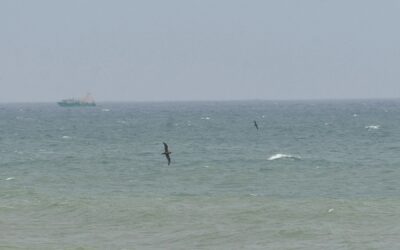
Quite exhilarating ! The campaign is gathering momentum pretty quickly. Congrats to the organisers and participants !!